BRICS and the Political Economy of the New World Order: An Expert Discussion (now with summary transcript)
Video on this page:
https://valdaiclub.com/multimedia/video/brics-and-the-political-economy-of-the-new-world-order/
Alternative link: https://vk.com/video-214192832_456239104
On June 29, the Valdai Club hosted an expert discussion, titled “BRICS and the Political Economy of the New World Order.”
Under the stress experienced by the traditional institutions of globalisation and global governance, the BRICS association (Brazil, Russia, India, China, South Africa) is becoming the most important centre for the formation of a positive agenda on a global scale. The military-political conflict between Russia and the West, as well as the growing confrontation between the United States and China, has led to an increased threat of a split in the world and the destruction of common interconnectedness, spelling an end for the preservation of free trade and, in general, the ability of mankind to respond to its most important security and development challenges in unison.
The task of BRICS now is not just to harmonise the basic interests of the member countries on the central issues of international governance and development, but to create initiatives and ideas that the widest range of states in the world could join. In part, this may be the result of a hypothetical formal expansion of the BRICS membership, and, to a large extent, the influence of the group and interested states on the agenda of international organisations, as well as the creation of new cross-border projects and cooperation programmes in various fields. This could serve as the basis of a new type of global political and economic structure based on the equality of participants and their equal benefit.
The central question that arises is the following: What contribution can the BRICS make to maintain global stability and solve the main tasks facing all countries of the world? Participants in the discussion tried to answer these and other questions.
Speakers:
- Nivedita Das Kundu, Senior Fellow, University of York, Academic Director of Liaison College
- Pavel Knyazev, Ambassador-at-Large of the Russian Foreign Ministry, Sous-Sherpa of Russia to BRICS
- Philani Mthembu, Executive Director at the Institute for Global Dialogue, South Africa
- Victoria Panova, HSE Vice-Rector for International Relations
- Feng Shaolei, Dean and Professor, School of International and Regional Studies, East China Normal University
Moderator:
- Timofei Bordachev, Programme Director of the Valdai Discussion Club.
Summary Transcript
BRICS as a Positive Alternative for a New World Order
On June 29, the Valdai Club hosted an expert discussion (https://valdaiclub.com/events/posts/articles/brics-as-a-positive-alternative-for-a-new-world-order/), titled “BRICS and the Political Economy of the New World Order.”
💬 The discussion moderator, Timofei Bordachev, (https://valdaiclub.com/about/experts/192/) Programme Director of the Valdai Club, noted that the BRICS group arose in fundamentally different conditions from those which the world finds itself in now. Initially, it was intended to “edit” the international order without changing it radically. However, now that the traditional organizers of this order are failing, the world has high hopes for the BRICS.
💬 Pavel Knyazev, Ambassador-at-Large of the Russian Foreign Ministry and Sous-Sherpa of Russia to the BRICS, pointed to the crisis of the Western-centric neoliberal model of globalisation and the need to form a new world order that reflects the real needs of the so-called world majority, primarily the Global South and East. Against this background, the interest of the countries of the Global South in the activities of the BRICS continues to grow. The Ambassador emphasised that, although BRICS is a relatively young association, it has already developed a multifaceted architecture of interaction, dialogue and cooperation.
💬 Feng Shaolei (https://valdaiclub.com/about/experts/237/), Dean and Professor of the School of International and Regional Studies at East China Normal University, outlined a number of factors that contribute to the transformation of the world order. These are increasing inflation in the West, the aggravation of the political and ideological struggle in the United States, and the situation in Ukraine. At the same time, in his opinion, the situation in the countries of the Global South is more stable. They are continuing to build up their economic potential. This promotes the interest of the BRICS group, which stands for the ideas of inclusiveness and development, rather than the re-division of the world; for independence against hegemony.
💬 Victoria Panova (https://valdaiclub.com/about/experts/11092/), HSE Vice-Rector for International Relations, stressed that it is especially important now not to lose the advantages that BRICS has. Despite the difficult environment, the group continues to be attractive and is seen as a source of positive alternatives, she said. This means that the BRICS members face a difficult task to maintain both the efficiency of the group and its inclusiveness.
💬 Nivedita Das Kundu (https://valdaiclub.com/about/experts/388/), a Senior Fellow at York University and Academic Director of Liaison College, is convinced that BRICS is reshaping the world order, ensuring the transition of leadership from the Global West to the Global South and insisting on greater representativeness in global leadership. The BRICS countries are in favour of continuing the reform of multilateral institutions, particularly the UN, the World Bank and the IMF, in an effort to make the world more inclusive.
💬 Philani Mthembu (https://valdaiclub.com/about/experts/15915/), Executive Director at the Institute for Global Dialogue, South Africa, mentioned the upcoming BRICS summit in Johannesburg – the first offline summit since the pandemic, and the most important in the past few years. According to him, the summit will focus on African countries and, in particular, on South Africa as a host country. He noted that the BRICS countries could play a big role on the African continent not only in trade, but also as a source of investment. Mthembu stressed that the differences between the BRICS countries only strengthens the group.



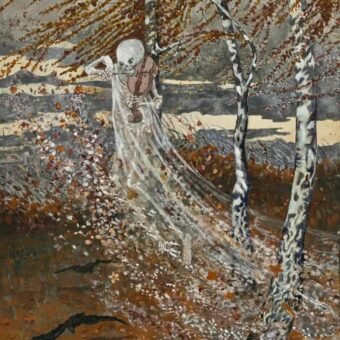
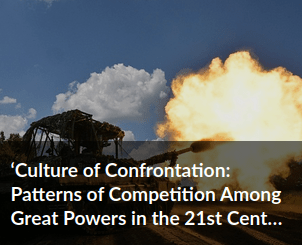
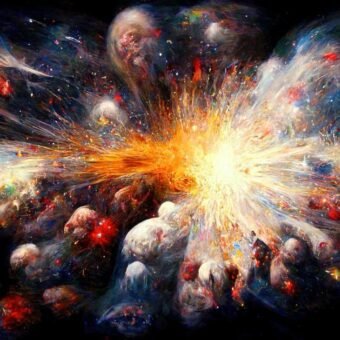
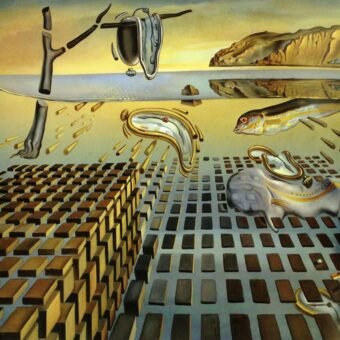
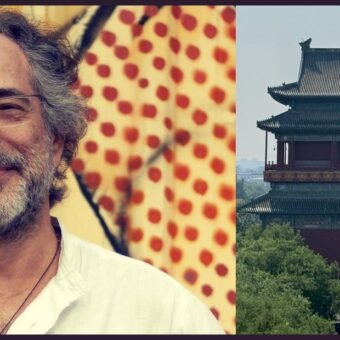




The second speaker, Chinese I think is very difficult to understand. But he is sketching out the interrelatedness of BRICS and issues such as UN Security Council reform and others. So, be patient with him.